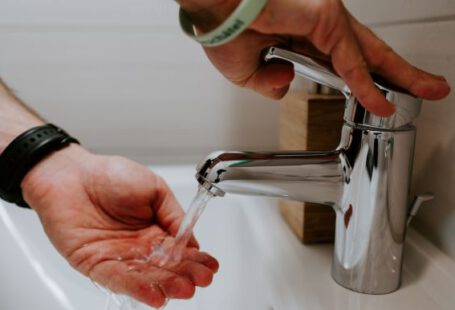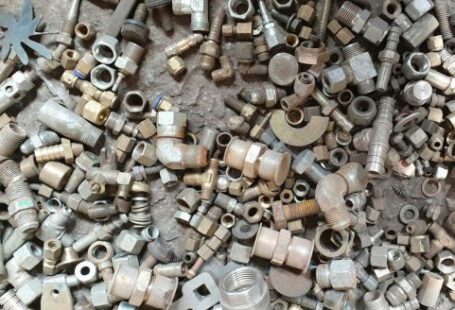Have you ever walked into your kitchen and been hit with an unpleasant odor coming from your sink drain? If so, you’re not alone. A bad smell coming from the kitchen sink drain is a common problem that many homeowners experience. In this article, we will explore the reasons behind this foul odor and discuss some effective solutions to get rid of it.
Food Debris Accumulation
One of the primary causes of a smelly kitchen sink drain is the accumulation of food debris over time. When we wash dishes or rinse off leftover food, small particles can get stuck in the drain, creating a breeding ground for bacteria. As these bacteria break down the food particles, they release foul-smelling gases, resulting in an unpleasant odor.
To prevent food debris accumulation, it’s essential to scrape off plates and utensils before rinsing them in the sink. Additionally, using a sink strainer can help catch larger pieces of food and prevent them from going down the drain.
Clogged or Dirty Drainpipe
Another common culprit behind a smelly kitchen sink drain is a clogged or dirty drainpipe. Over time, grease, soap scum, and other debris can build up inside the drainpipe, leading to a foul odor. Clogs can also trap food particles, exacerbating the problem.
To address this issue, you can try using a drain cleaner specifically designed for kitchen drains. These cleaners can break down the accumulated debris and eliminate the odor. Regular maintenance, such as pouring boiling water down the drain or using a mixture of baking soda and vinegar, can also help keep your drainpipe clean and odor-free.
Dry P-Trap
The P-trap is the curved section of pipe located beneath your sink. Its purpose is to trap a small amount of water, which acts as a barrier to prevent sewer gases from entering your home. If the P-trap becomes dry, either due to infrequent use or a leak, it can allow these gases to escape, resulting in a foul smell.
To solve this problem, run water in your sink for a few minutes to refill the P-trap and create a seal. If the smell persists, you may need to check for leaks or replace the P-trap altogether.
Ventilation Issues
Proper ventilation is crucial for maintaining a fresh-smelling kitchen sink drain. Without adequate airflow, stagnant water and debris can accumulate, leading to unpleasant odors. Ventilation issues can occur due to a blocked vent pipe, a malfunctioning vent fan, or poor design.
If you suspect ventilation problems, it’s best to consult a professional plumber who can inspect your system and make any necessary repairs or modifications.
Maintaining a Fresh-Smelling Kitchen Sink Drain
Now that we’ve explored the reasons behind a smelly kitchen sink drain let’s discuss some practical tips to keep your drain fresh and odor-free:
1. Regularly clean your sink and drainpipe with a mixture of baking soda and vinegar.
2. Use a sink strainer to catch food debris before it goes down the drain.
3. Avoid pouring grease or oil down the drain, as they can solidify and clog the pipes.
4. Run hot water down the drain after each use to help flush away any remaining debris.
5. Schedule regular maintenance checks with a professional plumber to identify and address any underlying issues.
In conclusion, a bad smell coming from your kitchen sink drain can be caused by food debris accumulation, a clogged or dirty drainpipe, a dry P-trap, or ventilation issues. By following the tips mentioned above, you can effectively eliminate the odor and maintain a fresh-smelling kitchen sink drain. Remember, proper maintenance and regular cleaning are essential to prevent future odor problems.



